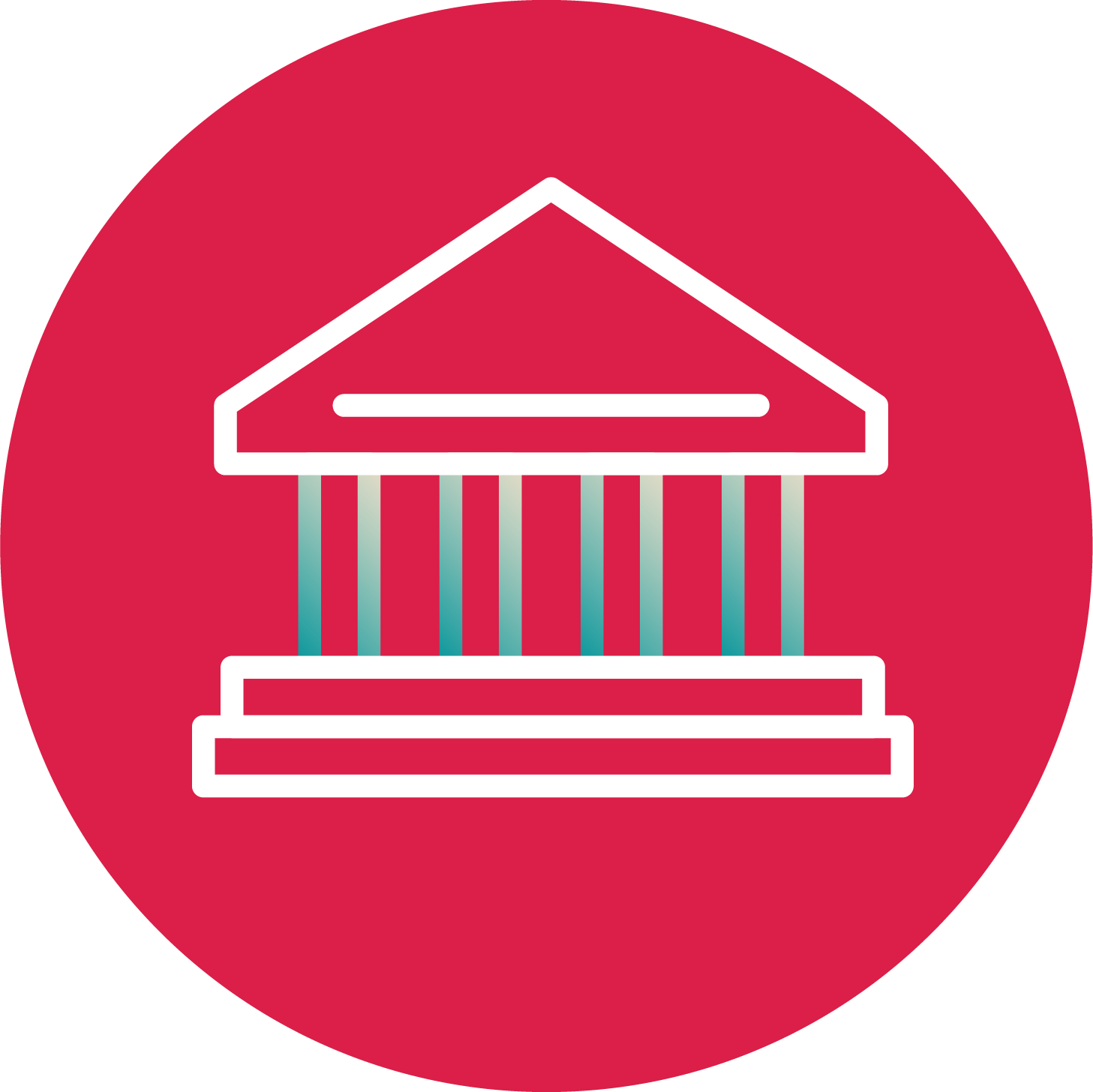If code functions as law, then we are creating the most significant new jurisdiction since the Louisiana Purchase, yet we are building it just outside the Constitution's review.
Prof. Lawrence Lessig
Harvard Law School
Alexander Rozhkov
Rethinking platform governance
Private online platforms are attempting to answer one of the most difficult questions invoked by the lived reality of individuals within modern society, that of balancing the competing concerns of its populace in a manner which is fair, inclusive, transparent, and accountable. Yet, the answers produced thus far are a distant reality from the expectations attached to this new frontier, from the hope for the digital world to not replicate the disparities of our physical world.
25 million
In 2019, as many as 25 million pieces of content on Facebook were appealed. (BSR ‘Human Rights Review: Facebook Oversight Board’, Dec. 2019).
Siddhant Suryavanshi
What is ?
Digital constitutionalism
A common term to connect a constellation of initiatives that have sought to articulate a set of political rights, governance norms, and limitations on the exercise of power on the Internet, and/or the notion aiming at establishing a normative ‘constitutional’ framework for the protection of fundamental rights and the balancing of powers in the digital environment.
Ali Samil Temel
Redesigning platform governance
We endeavour to fill a vacuum in the knowledge and information produced about, and the questions invoked by the growingly intricate web of governance gradually embedding itself within our lives. The manner of governing these platforms needs to be rethought in a manner which truly imbibes as well as showcases, “an eye for the public consequences of different choices, an ear for the different voices including the ones that often go unheard, a recognition that there is no neutral position as every arrangement carries with it an implicit idea of sociality, democracy, and fairness, and a deliberate commitment to scientifically testing these arrangements and pursuing through this process” (Gillespie).
Constitutionalizing platform governance
Why a supreme court or an oversight board, and not a jury?” “It depends on exactly what you want the jury or the oversight board to be doing...Facebook’s actual incentives align really well with creating an oversight board to jettison the hard job of creating public policies on what speech stays up or comes down...having an oversight board allows them to separate powers, jettison responsibility, and if people are upset about something being taken down or staying up, Facebook can say “hey, we didn’t do it, we’re just following the rules of this Oversight Board which has all of this accountability, legitimacy…”.”
Contabilidade
6.4 million
Around 6.4 million pieces of content were restored after the appeal (BSR ‘Human Rights Review: Facebook Oversight Board’, Dec. 2019).
Towards a future which aligns with the promises of the past
We believe that the manner in which the digital space is presently governed is a replication and further deterioration of inequalities and lacunae of accountability and transparency in the physical world. We believe that passionate, well-informed citizens from different socio-cultural backgrounds are responsive to growing calls for a future which distinguishes itself from the present reality. We believe that we can harness the power of technology to bring together a community of such citizens, who engage in constructive dialogue and produce robust research impactful on policy. Our objective is to influence the manner in which the
Russ Ian Salas
new moment in constitutional governance is shaped - as a sustained force for the positive. Our discourse and research output shall participate in the life of its object, bringing it within the ‘constraints of value’ inherent in constitutional law and policy as we know it today. Pro bono.
A new constitutional moment?
“The existing constitutional settings created for an analogue society are being modified or integrated in a way that better addresses the challenges of a digital age...we have seen that the constitutional ecosystem is not inert, it is a producing a series of normative counter-actions. This is the case to say we are witnessing a new constitutional moment.”
Our Work

Real solutions to the tax avoidance and advantageous taxation digital supergroups enjoy can only be international and structural, updating practices of international taxation that have now become obsolete. They cannot be a mere quick fix. Voters demand it, the sustainability of our economic models requires it.
Our Crew
Join Us Aboard
To solve global challenges we need interdisciplinary and diverse research teams. We offer a safe haven for digital castaways, creative sailors and curious explorers. Do you share the same passion for constitutionalizing our digital society?






